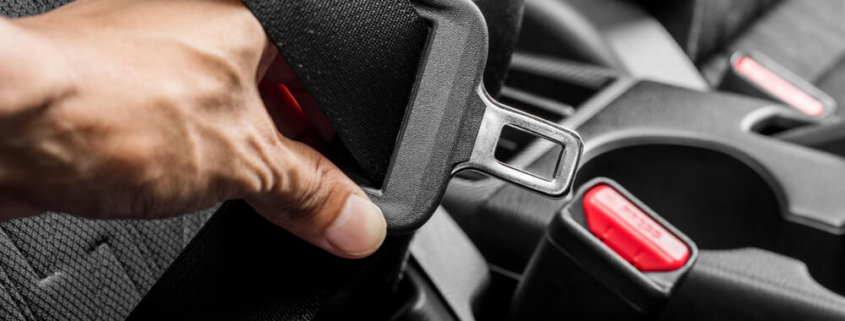Can an Employer Be Liable for Employees Drinking and Driving?
It is well known that driving while intoxicated is among the leading causes of auto accidents, and according to the National Highway Transportation Safety Administration (NHTSA), drunk driving is responsible for more than 10,000 vehicle-related deaths each year.
In some cases, third parties can be held liable for these accident as well. One such example is when someone is drinking and driving on the job. When this happens, it might be possible to hold the employer liable, depending on the circumstances of the case.
Holding third parties (like the driver’s employer) liable when their actions contribute to a drunk driving crash is important, because penalizing all responsible parties is one of the best ways to get this type of behavior to stop. Another reason is that these parties may provide additional sources of compensation, which could allow victims to receive full damages for expenses such as medical bills, lost wages and earning capacity, pain-and-suffering, emotional distress, and other losses.
When is an Employer Liable for an Intoxicated Employee Causing an Auto Accident?
In general, an employer can only be held liable for an auto accident caused by an employee if it occurs “within the scope of employment”. This legal theory is known as “respondeat superior”. In other words, the employee needs to be carrying out the business of his/her employer when the accident occurs.
Here are some examples of situations in which an employer may be on the hook for an employee who causes a drunk driving crash:
- An employee causes a drunk driving accident while he/she is out making a delivery for the employer.
- An impaired commercial truck driver causes a drunk driving accident while transporting a load for the employer.
- A car accident occurs while an intoxicated employee is picking up lunch for co-workers at the direction of a manager/supervisor.
The third situation mentioned can sometimes fall into a gray area. For example, if an employee is “off the clock” and decides to take an extended lunch that includes a few cocktails, then the employer might not be liable if the intoxicated employee gets into a car accident. The same might hold true if an employee gets into a crash after deciding to stop for a few drinks on their way home from work. The important distinction here is whether or not the employee can reasonably be considered to be acting within the scope of their employment when the crash occurs.
Another situation that often comes up during this time of the year is when an employee consumes alcoholic beverages at an employer-sponsored holiday party. While a party like this might technically occur “off the clock”, it might still fall within the employee’s “scope of employment” – again depending on the specific circumstances.
For example, if free alcohol is provided by the employer to the employees attending the party and they drive drunk on their way home, then there is a good chance that the employer will be on the hook. But if the party is held at a bar or restaurant where alcohol can be purchased by employees on their own and the employer is not providing any, then the situation is not quite as clear. The employer might not be responsible in a case like this, but maybe the establishment has some liability if they serve alcohol to someone who was clearly intoxicated.
Injured in a Drunk Driving Accident in Alabama? Contact an Experienced Personal Injury Attorney
When drunk drivers cause auto accidents, they can result in severe and catastrophic injuries. And while intoxicated drivers are generally assumed to be liable for accidents that they are involved in, outside parties such as employers and establishments that serve alcohol could be on the hook as well in some instances. Cases like these can be complicated, however, and this is why we recommend getting in touch with it skilled and knowledgeable attorney as soon as possible.
If you or someone close to got hurt in a drunk driving accident in Alabama, M. Adam Jones and Associates is here to provide the strong legal guidance you need. Contact us today for a free consultation and case assessment. We look forward to serving you!




Leave a Reply
Want to join the discussion?Feel free to contribute!